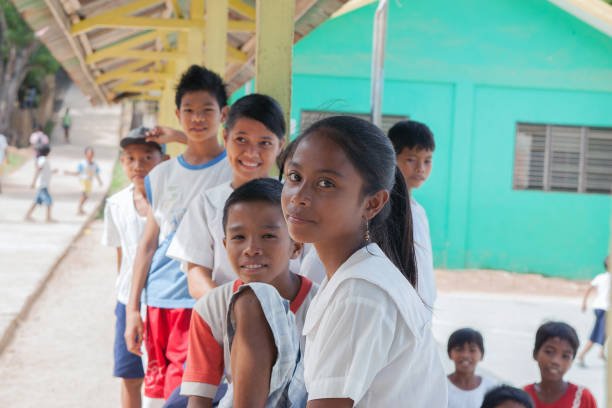The National Service Training Program (NSTP) is a civic education and defense preparedness program aimed at Filipino tertiary level students. At its core, the NSTP law seeks to cultivate the virtues of patriotism, citizenship, and community service among the youth. The youth, often heralded as the future leaders and catalysts of change, are seen as essential components in nation-building. This article explores the various ways the NSTP law envisions this role for the youth, focusing on civic awareness, volunteerism, and the importance of skilled and informed citizenry.
What Role Does the NSTP Law envision for the youth in nation-building?
The National Service Training Program (NSTP) law in the Philippines envisions a multi-faceted role for the youth in nation-building. It aims to cultivate a sense of civic awareness, patriotism, and volunteerism among students at the tertiary level. By providing education on civic responsibilities, social issues, and basic military training in some cases, the NSTP seeks to prepare young people for active participation in community affairs and national development. Through various community service activities, it encourages them to contribute directly to societal improvement while also equipping them with essential skills and knowledge. In essence, the NSTP law seeks to mold the youth into informed, skilled, and socially responsible citizens who can actively contribute to the growth and betterment of the nation.
Civic Awareness
One of the main roles NSTP envisions for the youth is to enhance their awareness about civic responsibilities and the workings of the government. The program seeks to educate them on the importance of laws, governance, and democratic institutions. By giving them a basic understanding of how society works, it prepares them for active participation in community affairs and national issues.
Examples:
- Voter Education: NSTP often includes modules that teach young people about the importance of voting, the election process, and how to be a responsible voter.
- Community Outreach: Through NSTP, many students become involved in local governance issues, attending town hall meetings and interacting with local leaders.
- Social Awareness Campaigns: NSTP projects often involve creating awareness about social issues like poverty, discrimination, and environmental protection.
Volunteerism
Another critical aspect that NSTP promotes among the youth is the spirit of volunteerism. It provides avenues for students to contribute to society through various community service activities. This involvement is not just beneficial for the individuals and communities they serve but also serves as a stepping stone for the students to take up larger roles in the future.
Examples:
- Disaster Relief: Many NSTP-trained students participate in disaster relief operations, aiding in the distribution of resources and offering basic first aid.
- Educational Programs: Students often volunteer to tutor underprivileged children, bridging educational gaps in the community.
- Health and Sanitation: NSTP programs include health drives, vaccination programs, and sanitation projects, which the youth actively participate in.
Skilled and Informed Citizenry
The NSTP also aims to create a skilled and informed citizenry capable of contributing to national development. The program equips students with essential life skills, problem-solving capabilities, and, in some tracks, basic military training, to prepare them for the complexities of adult life and citizenship.
Examples:
- Leadership Training: Programs under NSTP often involve leadership training sessions, building skills that are essential for any participative democracy.
- Skill Workshops: Students are trained in various skills from basic carpentry to computer literacy, making them more capable contributors to society.
- Emergency Preparedness: NSTP includes modules that train students in emergency response, enhancing community resilience.
Conclusion
In summary, the NSTP law sees the youth as an indispensable force in nation-building, focusing on molding them into civically aware, volunteering, and skilled citizens. It aims to instill in them the values of patriotism, service, and community engagement, creating a generation that is not just well-prepared to take on the future but also deeply committed to serving the nation. As the famous saying goes, “The youth is the hope of our future,” and through NSTP, that hope seems to be in good hands.




